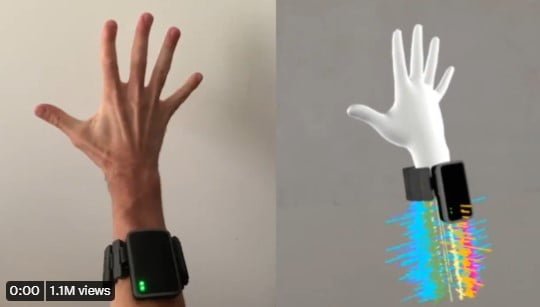Meta repositions itself in AI, making it the heart of the business

Meta is reorganizing in the field of artificial intelligence. In the future, AI specialists will work more decentrally in Meta's product departments. The FAIR research department will be integrated with the Metaverse department Reality Labs.
AI is at the heart of Meta's work, Meta's new Chief Technology Officer Andrew Bosworth wrote in an announcement of the restructuring. It's hard to identify even a single product that isn't being transformed by AI, he said.
Now Meta is decentralizing its existing AI organization, assigning staff and projects to product teams. The reason, Bosworth says, is that the previous organization failed to integrate AI deeply enough with other projects.
Still, Meta wants to continue researching the fundamentals and AI innovation. To that end, teams have what are called "AI innovation centers." The goal is for Meta's product groups to create a balanced portfolio in which AI development supports existing systems while advancing the state of the art.
AI research moves to Metaverse division
The biggest change: Meta's AI research division FAIR is now part of the "Metaverse division" Reality Labs, as is the AI unit "AI4AR".
FAIR will continue to be led by renowned AI researcher Yann LeCun, who will manage the team along with Joelle Pineau and Antoine Bordes. The previous head of the AI department Jerome Pesenti leaves Meta in mid-June.
According to Bosworth, FAIR's mission will not change: the research department will continue to "drive fundamental breakthroughs in AI through research excellence, open science, and broad collaboration."
However, Meta is assigning a new meaning to the FAIR acronym: Previously, it stood for Facebook AI Research, which no longer fits for well-known reasons. FAIR now stands for Fundamental AI Research.
AI for the Metaverse
Artificial intelligence is also a fundamental technology for the Metaverse. Meta's VR and AR headsets, for example, use AI image recognition to orient themselves in space or track hands. Last February, Meta unveiled a universal translation AI that could one day eliminate language barriers in the Metaverse, and an AI assistant that generates virtual worlds on demand (see video).
Metaverse worlds such as Meta's Horizon Worlds could be augmented by AI-generated content, such as avatars that stylistically match a world and automatically slip into new designs without first having to be developed by human designers. Meta's neural interface wristband (see cover image), which converts motor brain signals into computer commands, also relies on AI to interpret these signals.
Central leadership team to measure AI progress across the company
Meta's "Responsible AI" team will switch to the "Social Impact" team. The "AI for Product" team, which deals with security and content recommendations on Meta's platforms, moves to product engineering. A new management team, led by Joelle Pineau, will centrally assess decentralized AI progress within the group and manage development.
"AI is becoming the foundation of pretty much everything that matters at Meta - better recommendations, platform safety, revenue, and increasingly building for the Metaverse - which will be the way most of us interact with AI every day," explains former Meta CTO Mike Schroepfer on Twitter.
AI News Without the Hype – Curated by Humans
As a THE DECODER subscriber, you get ad-free reading, our weekly AI newsletter, the exclusive "AI Radar" Frontier Report 6× per year, access to comments, and our complete archive.
Subscribe now